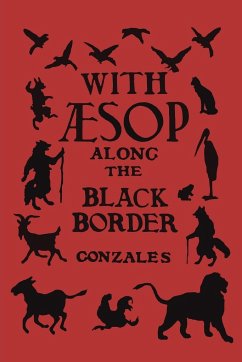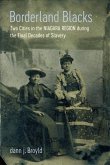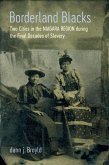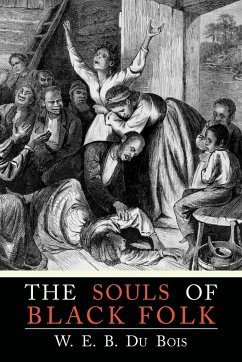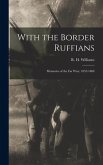2022 Reprint of the 1924 First Edition. Exact facsimile of the original edition and not reproduced with Optical Recognition Software. Gullah was the patois spoken by the Black Americans living on the sea-islands and the tide-water coastal strip bordering South Carolina and Georgia. This group, both on account of their origin and because of certain highly specialized local conditions of environment and isolation, early came to constitute a distinct type among the African American population of the South, possessing marked individuality of appearance, customs, folklore, and language. With Aesop Along the Border is one of a series of books by Gonzales. The chief interest in this series lies along literary lines, sympathetic characterization, rich and abundant humor with occasional touches of pure pathos, skill in storytelling, faithful reproduction of times and manners of a vanishing day, vividness and description, and convincing sketches of regional background and atmosphere. In addition to its literary values, the series forms a distinct contribution to history and philology. A large part of the narrative is related in authentic Gullah dialog, and the student of dialect will find therein an interesting field for observation and investigation. The author provides a ten-page essay on the Gullah dialect and a fifty-three-page glossary of more than seventeen hundred words is especially valuable.
Hinweis: Dieser Artikel kann nur an eine deutsche Lieferadresse ausgeliefert werden.
Hinweis: Dieser Artikel kann nur an eine deutsche Lieferadresse ausgeliefert werden.

